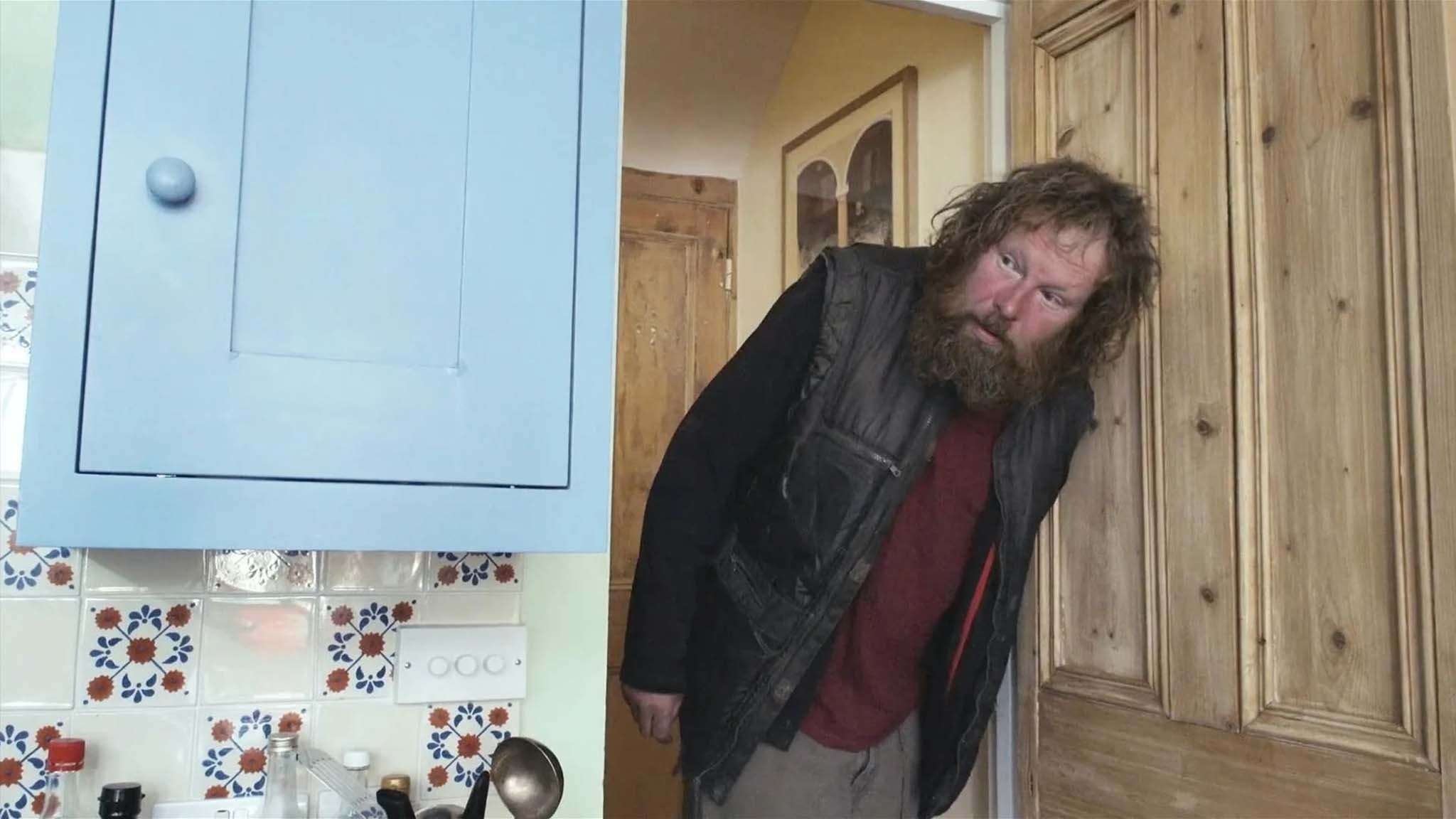The Filmmaker's House
London life is viewed in a splendidly original work by Marc Isaacs.
We have here a small work but one of unusual interest. In 2012 I saw a feature film by Marc Isaacs who until then had been known mainly for television documentaries and shorts. That was The Road: A Story of Life and Death and in it he made a study of five people who had come from Ireland and were then living in London. What he created there was a piece with a character all its own but one which even so left a somewhat mixed impression. His new cinematic offering, The Filmmaker’s House, develops the best aspects of that earlier film while also adding fresh elements. Quite possibly it gains from coming out after the recent American film Bloody Nose, Empty Pockets which for all its differences is in some respects a companion piece (more about that below).
This time around Isaacs retains much of the style and tone already apparent in The Road and, while the people we meet here are not Irish, they do again include immigrants adjusting to life in this country. In the course of the film Isaacs himself interacts with them. We hear him rather than see him because he is behind the camera and talks to them in what to some extent could be thought of as akin to conventional interviews as seen in many a documentary. However, it is significant that due to his personal involvement these exchanges are more like actual conversations. Indeed, most of the film takes place in his own home and portrays a day on which two workmen call to replace a fence, their appearance coinciding with the arrival of his regular cleaner and a neighbour who brings in food. It is also a day when Isaacs is seen offering aid to a homeless man well known in the locality.
At the outset Isaacs speaks to his agent Rachel about a film that he wants to make and there is conscious humour in this scene when she reveals that financial backers want films about serial killers and are not warming to her pitch about his desire to shoot a picture featuring ordinary people. Nevertheless, she urges him to proceed regardless and it is, of course, that very film which we are watching. The cleaner’s mother may have died recently but, that dramatic detail apart, The Filmmaker’s House is consciously made up of ordinary incidents rather than anything akin to a plot. However, those involved include a Muslim woman (the neighbour) and a Czech long out of touch with his mother (that’s the homeless man) while the ethnic elements involved include the fact that Isaacs himself is Jewish. At the close there is a quote about hospitality from Jacques Derrida, but long before that point is reached one has come to see this as a film is centred on the interplay between those who happen to come together on this day and, as such, it emerges as a portrait of human kindness.
In The Road, Isaacs had not fully developed his sureness of touch in capturing the everyday and certain scenes were slightly troubling for feeling set up despite being presented within a standard documentary. The structuring of The Filmmaker’s House is much more confident. With the same short length (75 minutes), the sense of authentic daily life is strong enough to sustain interest. But the real development lies in the fact that the film chooses to reveal itself as not being a documentary in the old sense of the term and in the skill with which that disclosure is handled. That is, of course, what links this piece with the film by Bill and Turner Ross, Bloody Nose, Empty Pockets. That work has been much discussed because although it was presented as a documentary the filmmakers subsequently acknowledged that it is in part a construct: their film about the closing night of an L.A. bar was actually shot elsewhere in a bar that was not closing and to some extent those seen in it were acting. Their film hides all that and feels wonderfully authentic and in consequence most reviewers have acclaimed it for the truth that shines out regardless of the artifice. We have something not altogether dissimilar with The Filmmaker’s House although here the revelation of certain things having been staged is made within the film itself. For that reason, I will not anticipate here exactly what is revealed but what I do need to stress is that once again we are left without a sense of inappropriate trickery or of being cheated because the truth inherent in what has been expressed carries the day.
The success of The Filmmaker’s House on its own very individual terms is a step up for Marc Isaacs. There may be a distant echo of the world of Mike Leigh, but this particular approach marks out Isaacs as a truly distinctive talent. Whether he has found a mode that could yield other films or one that is only workable as a one-off is an open question, but in its modest yet striking way this is a fully realised work.
MANSEL STIMPSON
Featuring Zara Akrah, Jed Thomas Isaacs, Marc Isaacs, Lucy Kaye, Kevin Lugate, Keith Martin, Mikel Novosad, Daniel O’Donell, Luz Nery Villada, Rachel Wexler.
Dir Marc Isaacs, Pro Marc Isaacs, Screenplay Adam Ganz and Marc Isaacs, Ph Marc Isaacs, Ed David Charap and Marc Isaacs, Music Richard Norris and Matthew Shaw.
Lush/MK Studios-Verve Pictures.
75 mins. UK. 2020. Rel: 25 June 2021. Cert. 12A.


